Finding the perfect dog companion in your golden years isn’t just about choosing a cute face or a breed you remember from childhood. It’s about matching your lifestyle, energy levels, and living situation with a furry friend who’ll bring joy rather than stress. Whether you’re still actively hiking trails or prefer gentle strolls around the neighborhood, there’s a breed out there that’s practically designed for your stage of life. But here’s the thing — some dogs that seem perfect for seniors are actually energy bombs waiting to turn your peaceful retirement into boot camp.
The Gentle Giant: Cavalier King Charles Spaniel
The Cavalier King Charles Spaniel is a breed that exudes calmness and affection, making them perfect for seniors. These dogs are known for their gentle nature and low-energy demeanor. While they enjoy a short walk or a little playtime, they’re just as happy lounging around the house with their owners. The Cavalier King Charles spaniel is a beloved puppy-like spaniel that is affectionate and adaptable.
This small dog is often happiest when snuggling with family. This breed typically weighs about 11 to 18 pounds and is easy to handle and train. The Cavalier has some grooming needs, such as regular hair brushing, ear cleaning, and possibly the occasional trip to a groomer. These royal companions adapt beautifully to apartment living and rarely complain about anything more than not getting enough cuddle time.
The Perfect Couch Potato: French Bulldog
It’s almost impossible to be sad around the happy Frenchie. French bulldogs are among the most cheerful of all dog breeds. They are compact, muscular, and active dogs. However, at about 19 to 28 pounds, they are still very manageable, making them one of the best dogs for seniors. With their big eyes, adorable scrunchy faces, and short legs, there’s a reason why French bulldogs are the second most popular breed in the United States today and one of the easiest dog breeds. Their gentle personality and low energy make them one of the best dogs for seniors with a less active lifestyle. These dogs are not big athletes, a walk around the block is all the exercise they need for the day.
French bulldogs’ small size (they weigh about 19 to 28 pounds) and the fact that they are not big barkers or yappers also make them one of the best apartment dogs. Think of them as the ultimate Netflix companion — they’re perfectly content to binge-watch shows with you all day.
The Adorable Lapdog: Pug

The pug’s motto is “a lot in a little” and that’s a perfect description to describe this vivacious breed. Small in size (pugs weigh on average between 14 and 18 pounds), they are easy to manage and handle. Their expressive faces and amiable dispositions make them great companions for seniors and one of the most gentle dog breeds.
Pugs adore their owners and are known for following them around (there’s a reason why they’re sometimes called little shadows). With their tendency to prefer sleep over exercise, pugs make excellent apartment dogs, though they are just as happy in a house. Keeping with their un-diva-like personality, they are easy to groom and care for. When you adopt a pug, you make a friend for life. Just be prepared for some snoring — they’re basically the seniors of the dog world already!
The Fluffy Cloud: Bichon Frise
The fluffy little bichon frise is a joyful and affectionate dog that makes an excellent companion. With an average weight of about 7 to 12 pounds, most people can handle this small breed easily. Bichons are also relatively simple to train. The bichon will need to be groomed periodically but is otherwise reasonably low maintenance. These white powder puffs of a dog are known for their sweet and friendly nature and are perfect for seniors seeking easy companionship—they also make great pets for first-time dog owners.
These low-maintenance pups aren’t difficult to potty train and don’t shed much, which is why they are one of the best dogs for older people, Dr. Kinscher-Juran says. (But to keep their snow-white hair looking fluffy, they do require grooming every five or so weeks.) Bichons are gentle and playful and they get along well with other pets and children, so you don’t need to put them in another room if the grandkids stop by! They’re like having a cheerful cotton ball that follows you around with pure happiness.
The Elegant Beauty: Shih Tzu
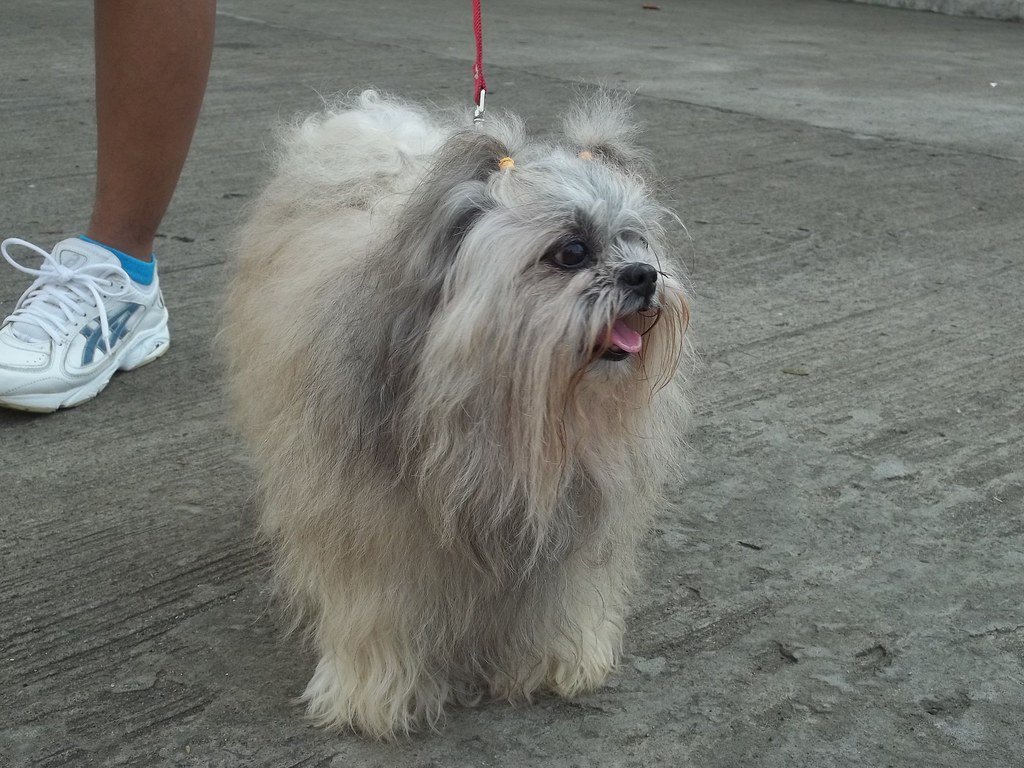
The elegant Shih Tzu prospers with plenty of love and attention. This outgoing breed is also great with kids, making them a perfect playtime buddy when the grandchildren visit! The Shih Tzu is an affectionate dog who enjoys spending time with their pet parent—whether it’s cuddling or accompanying them throughout the house. Plus, this breed is amiable and welcoming to other people and pets.
Shih Tzus are great companion dogs for seniors thanks to their low-to-moderate energy and small size. These happy-go-lucky dogs are affectionate and gentle enough to be around children and the elderly. They do well with short walks, which can help keep your loved one more active. Their name literally means “little lion,” but they’re more like little teddy bears with royal attitudes.
The Social Butterfly: Havanese
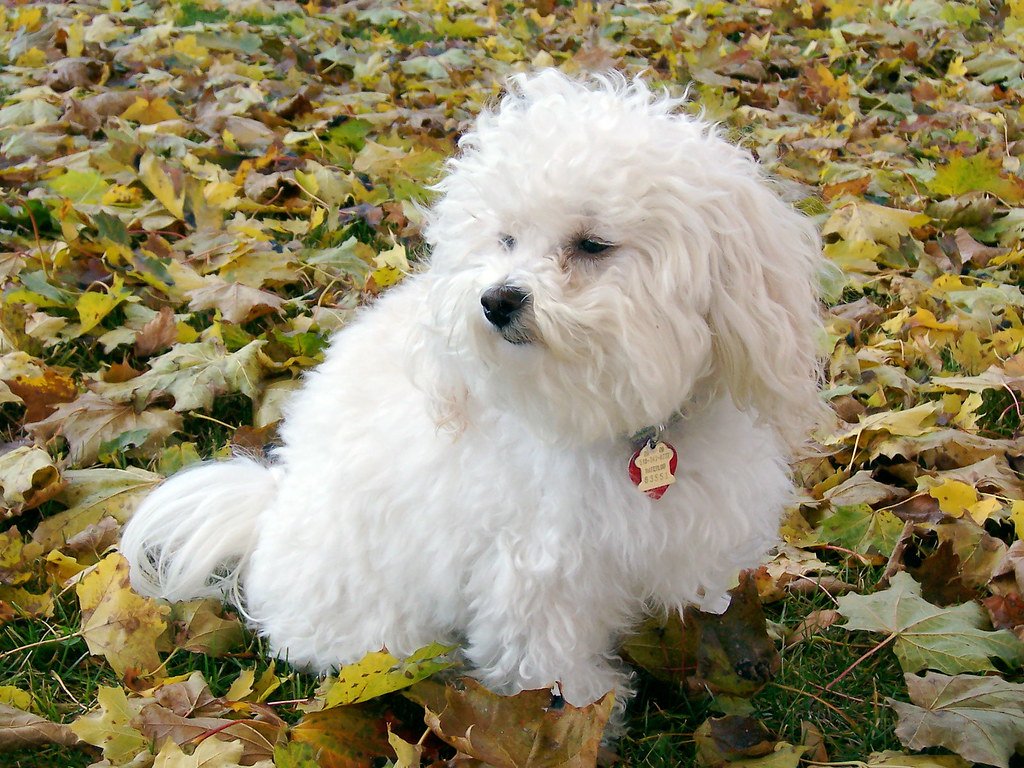
Sweet, friendly, and eager for attention: Havanese make great companions for seniors who find themselves at home more. As a breed, Haveneses don’t like to be alone for very long. (There’s a reason they’re called Velcro dogs). These super social dogs crave affection and get along well with other breeds and strangers. Havanese are outgoing and intelligent dogs with low-to-medium energy and are a great dog breed for seniors.
They are social, trainable dogs that adapt well to most situations. Their one downside is that they can be prone to separation anxiety and don’t like to be left alone. However, this often works out well for seniors who spend most of their time at home. If you’re retired and love having company, this breed will make sure you’re never truly alone — they’ll even follow you to the bathroom!
The Tiny Treasure: Maltese
One of the best small dogs for seniors is the Maltese. These adorable white toy dogs were specifically bred to be companions. Maltese dogs are known for their calm, gentle demeanor and make fantastic companions for seniors. These small dogs don’t require much exercise and are content with short walks or indoor play sessions. Maltese thrive on human interaction, so they’re ideal for seniors who want a dog that will happily sit by their side for hours on end. At only 4-7 pounds, they’re basically portable best friends who can travel anywhere you go. Think of them as the ultimate emotional support animal that happens to be absolutely gorgeous.
The Surprising Champion: Greyhound
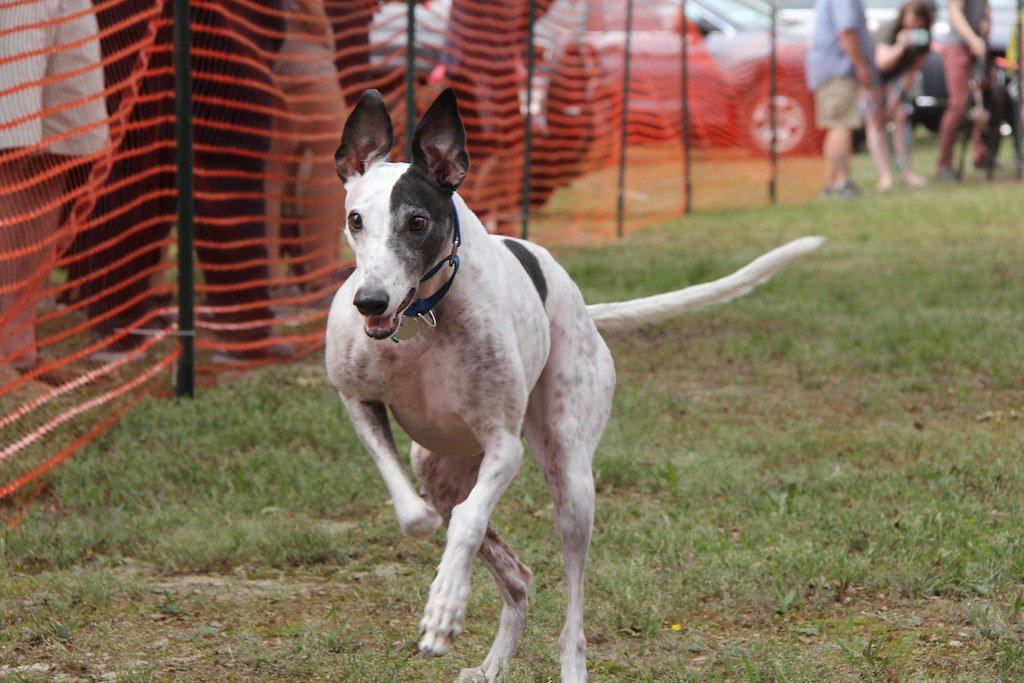
How can a racing dog be one of the best dogs for seniors? You may be surprised to learn that greyhounds are not the high-energy dogs many think they are. Although greyhounds will enjoy daily walks and the occasional chance to run, most tend to be couch potatoes who enjoy loafing around with their humans. Although greyhounds will enjoy daily walks and the occasional chance to run, most tend to be couch potatoes who enjoy loafing around with their humans.
They are usually very responsive to training and easy to handle, even though most weigh about 60 to 80 pounds. If you like larger dogs but worry about handling one, the greyhound is a breed to consider. Retired racing greyhounds are especially perfect — they’ve already lived their high-speed life and are ready to embrace the art of professional relaxation.
The Smart Cookie: Poodle (Toy or Miniature)
Breeds well-suited for a relaxed lifestyle include Poodles, Maltese, Pomeranians, and pugs. The best dogs for seniors are often low-maintenance and require less exercise. Breeds well-suited for a relaxed lifestyle include Poodles, Maltese, Pomeranians, and pugs. Poodles love walks and interactive play, but their exercise needs can vary depending on size. Toy Poodles only need short daily walks, but Standards can be high-energy and more prone to pulling on their leashes—so you’ll want to pick your Poodle based on your desired level of activity and commitment to training. The smaller poodles are like having a brilliant professor in a compact, hypoallergenic package — they’ll learn your entire routine and probably remind you when it’s time for your medication.
The Mellow Fellow: Basset Hound
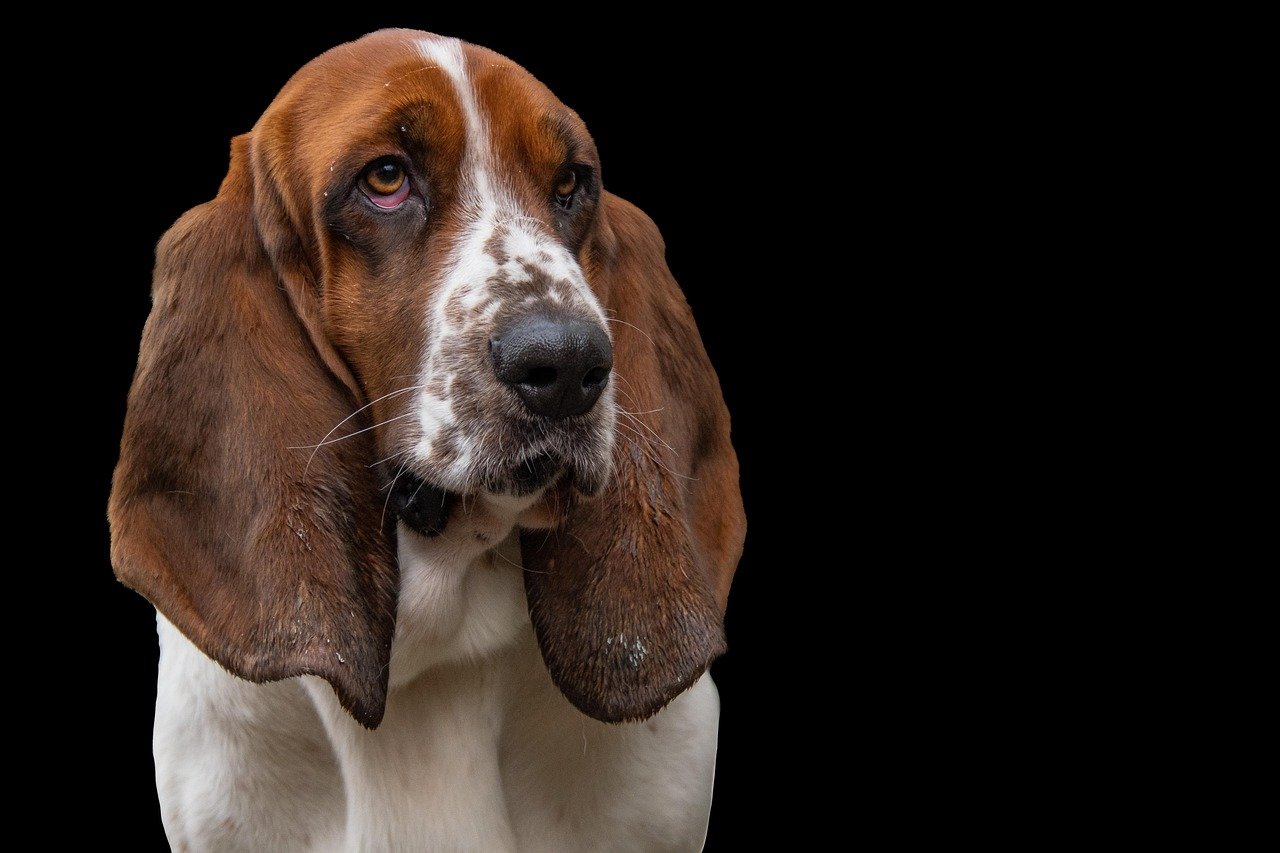
Basset Hounds are famous for their laid-back personalities and low-energy lifestyles. These dogs may be larger than some other low-energy breeds, but their love of lounging makes them ideal for senior living. Bassets are perfectly happy with a slow walk and lots of couch time. Bassets are perfectly happy with a slow walk and lots of couch time. They’re not interested in high-energy activities, which means they can enjoy life at a slower pace—perfect for a senior household. Their gentle and affectionate nature makes them wonderful companions, and their iconic droopy expressions will always bring a smile to their owner’s face. With their droopy ears and philosophical expressions, Basset Hounds are basically the wise old souls of the dog world who understand that life’s too short to rush around.
High-Energy Heartbreaker: Border Collie
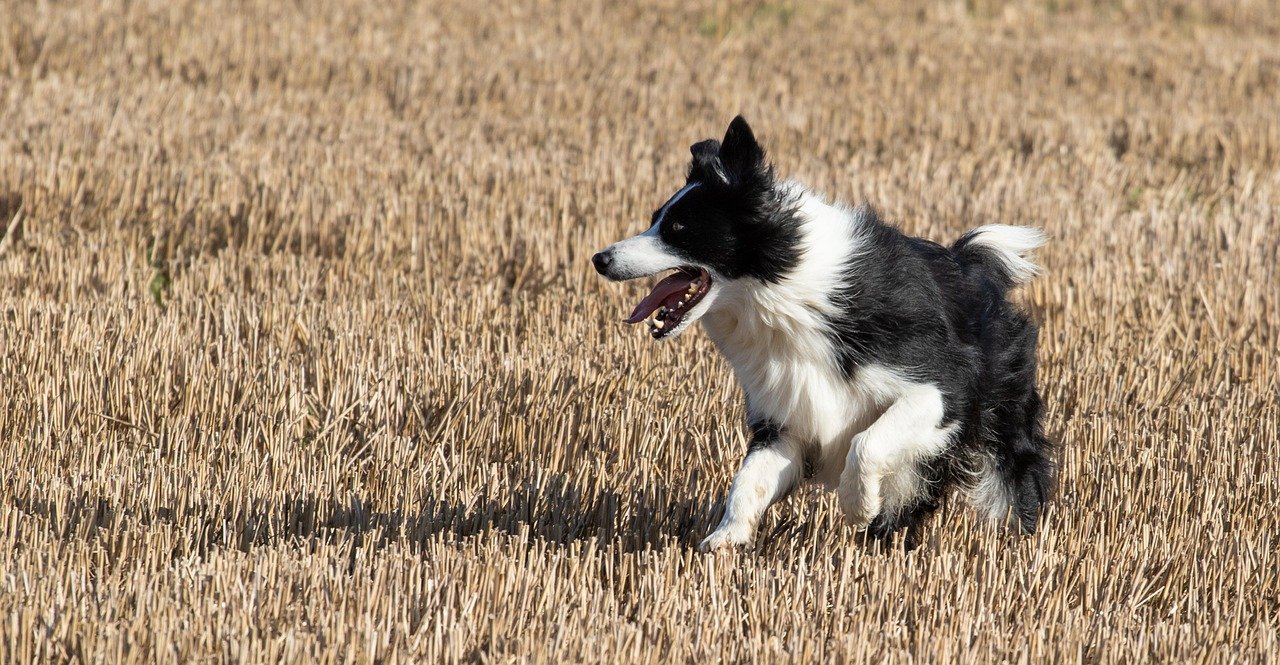
Another herding breed is the Border Collie. These dogs are active and on a mission to stay busy. This breed is considered a workaholic and needs constant activity or responsibility. With their inherent herding instinct, they will try to herd other animals. Border Collies are very energetic and require daily exercise. To burn off their high energy levels, a minimum of two hours of exercise daily is recommended. While walks are good, this breed wants a little more challenge.
Owners of these dogs should be active and able to keep up with these energetic canines. Long daily walks and hours of playtime are needed to keep this breed from getting bored. Without the proper exercise, Border Collies can become mischievous when there is nothing else to do. These dogs are basically professional athletes disguised as pets — unless you’re training for the Olympics, they’ll probably outlast you every single day.
The Energy Hurricane: Australian Shepherd
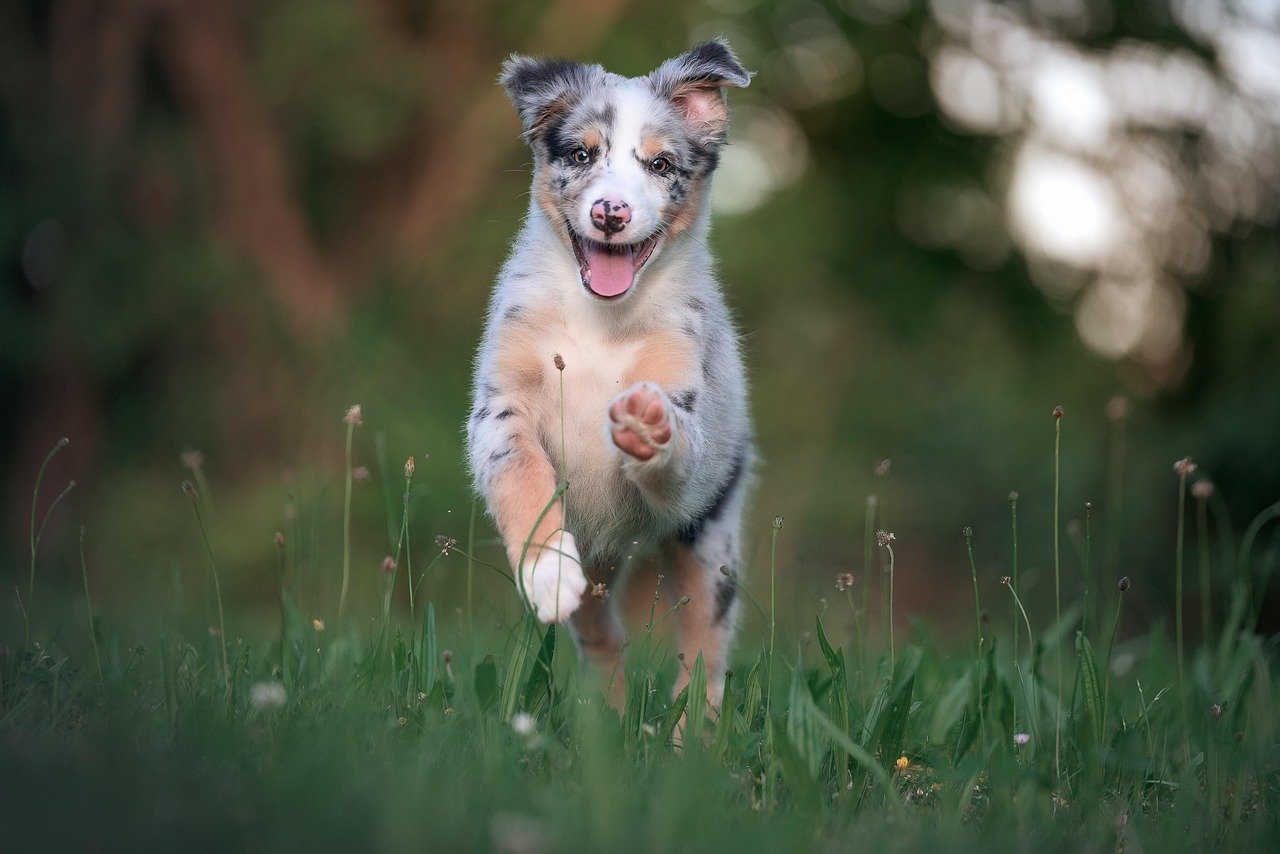
This breed is full of energy. The high energy makes them extremely active, wanting to conquer many activities with their owner. Whether it’s hiking, biking or backyard games, the Australian Shepherd is ready for anything. Bonding with their owner will develop strong loyalty, which is another personality trait of this breed. As a herding dog, Australian Shepherds are very active. They thrive on having routine and responsibility. Tasks keep them busy throughout the day as they are not the type to sit around and cuddle on the couch. They are mid-sized working dogs who are very active and not a good match for an owner with a sedentary lifestyle.
Australian Shepherds are high-energy, rambunctious dogs that require a lot of time and attention, as well as lots of daily exercises. These dogs aren’t well-suited to small living spaces or apartments since they need room to run around. These are the marathon runners of the dog world — if you’re not prepared to become their personal trainer, they’ll redecorate your house with their excess energy.
The Winter Warrior: Siberian Husky

Because of their high energy levels and intense exercise needs, Huskies, Heelers, certain hounds, and herding breeds like Australian Shepherds and Border Collies may also be less advisable (unless, perhaps, the Border Collie in question is the gentle, scene-stealing pooch from Anatomy of a Fall). Because of their high energy levels and intense exercise needs, Huskies, Heelers, certain hounds, and herding breeds like Australian Shepherds and Border Collies may also be less advisable (unless, perhaps, the Border Collie in question is the gentle, scene-stealing pooch from Anatomy of a Fall).
As most cold weather dogs tend to shed a lot, the Siberian Husky is no exception. It may be considered as one of the most notorious cat chasers, largely because its tendency is to chase and grab anything that runs. Huskies were bred to run across frozen tundra for hours — unless your retirement plan includes daily mushing expeditions, these beautiful dogs will turn your peaceful golden years into an extreme sports adventure you never signed up for.
The Demanding Diva: Jack Russell Terrier
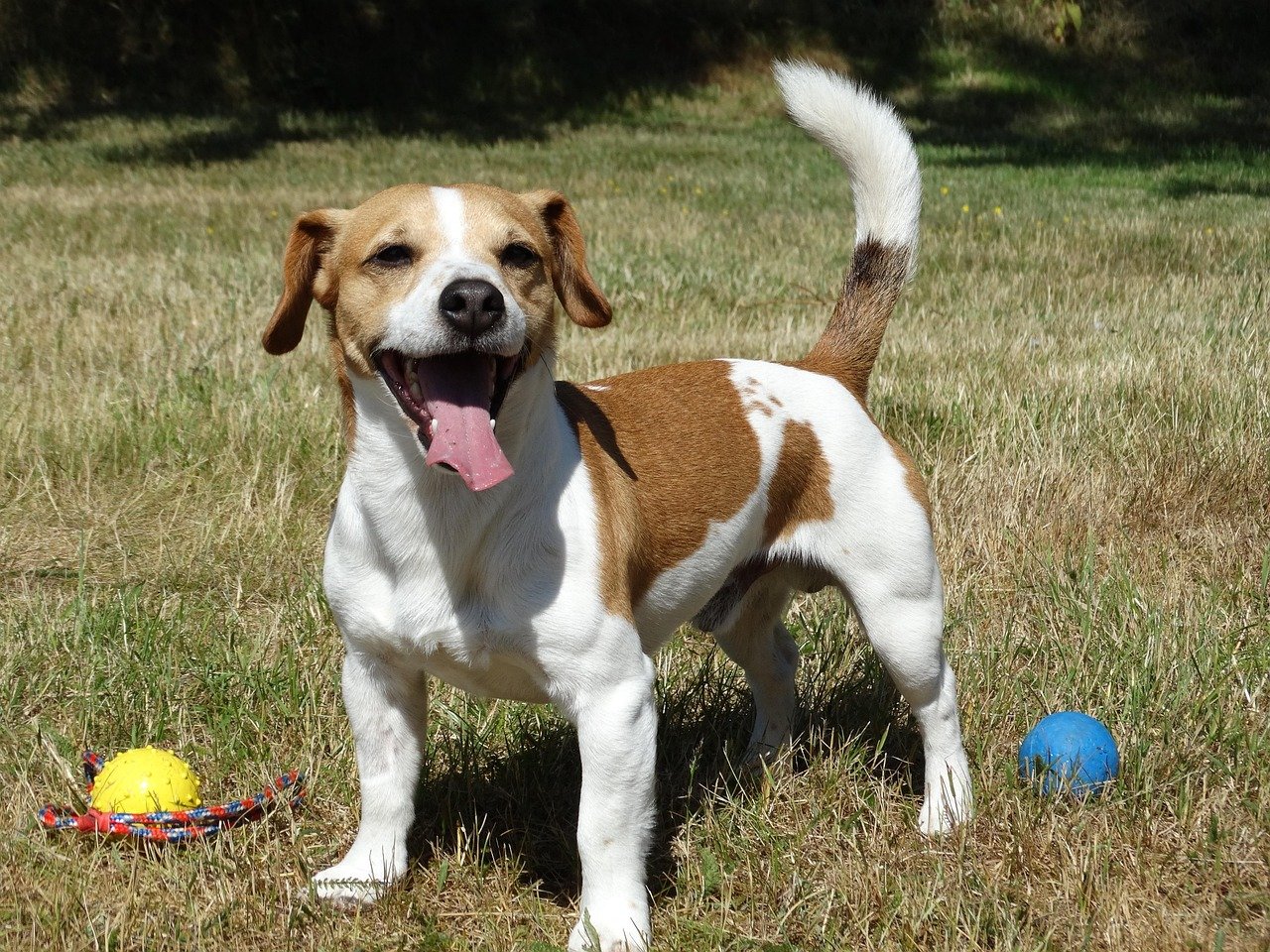
Jack Russells and Fox Terriers: Terriers, including Jack Russells and Fox Terriers, are known for their boundless energy levels. These include breeds like Pit Bulls, Chihuahuas and Pomeranians, Terriers (such as Jack Russells and Fox Terriers), Dobermans, and Rottweilers. Chihuahuas and Pomeranians: Surprisingly, small breeds like Chihuahuas and Pomeranians can be quite high-energy and demanding. They require a lot of attention and may not be well-suited for seniors looking for a more relaxed companion. Additionally, they can be challenging to housebreak and may bark excessively.
Jack Russells are like having a hyperactive toddler with the intelligence of a teenager and the determination of a lawyer. They were bred to chase foxes underground, and they’ll apply that same relentless energy to “hunting” dust bunnies, squirrels, and pretty much anything else that moves in your previously peaceful home. These little dynamos need jobs, not retirement!
The Powerhouse: German Shepherd

If you have health concerns that make it difficult to handle a large or giant dog like the Great Dane, German shepherd, Labrador retriever, or Bernese mountain dog, you may Larger dogs like rottweilers or herding dogs like briards can be a falling hazard if they herd or nudge their humans too hard.
German Shepherds are magnificent dogs, but they’re basically four-legged security guards who take their job very seriously. They need extensive mental stimulation, physical exercise, and a purpose in life beyond being companion animals. At 50-90 pounds of pure muscle and determination, they’re better suited for active families or working situations rather than seniors looking for gentle companionship. Unless you’re ready to become a professional dog trainer in your retirement, these impressive dogs might be too much dog for most golden-year lifestyles.
Making the Right Choice for Your Golden Years
Choosing the perfect canine companion for your retirement years isn’t about settling for less — it’s about finding more joy, comfort, and unconditional love that fits seamlessly into your lifestyle. Dog ownership has many health and emotional benefits. Dog companionship has been known to reduce stress and lower blood pressure. Having a dog may even improve or prevent depression and anxiety. Plus, exercising with your dog is a great way to stay active. The breeds that love seniors aren’t just tolerating a quieter life — they’re embracing it alongside you, creating a partnership built on mutual contentment rather than exhausting demands. Meanwhile, those high-energy breeds aren’t bad dogs; they’re just looking for adventure buddies who can match their enthusiasm for mountain climbing and marathon training sessions.
Remember, the best dog for you is one whose energy level, size, and personality complement your current lifestyle, not the one you had twenty years ago. Your perfect companion might be a dignifie






